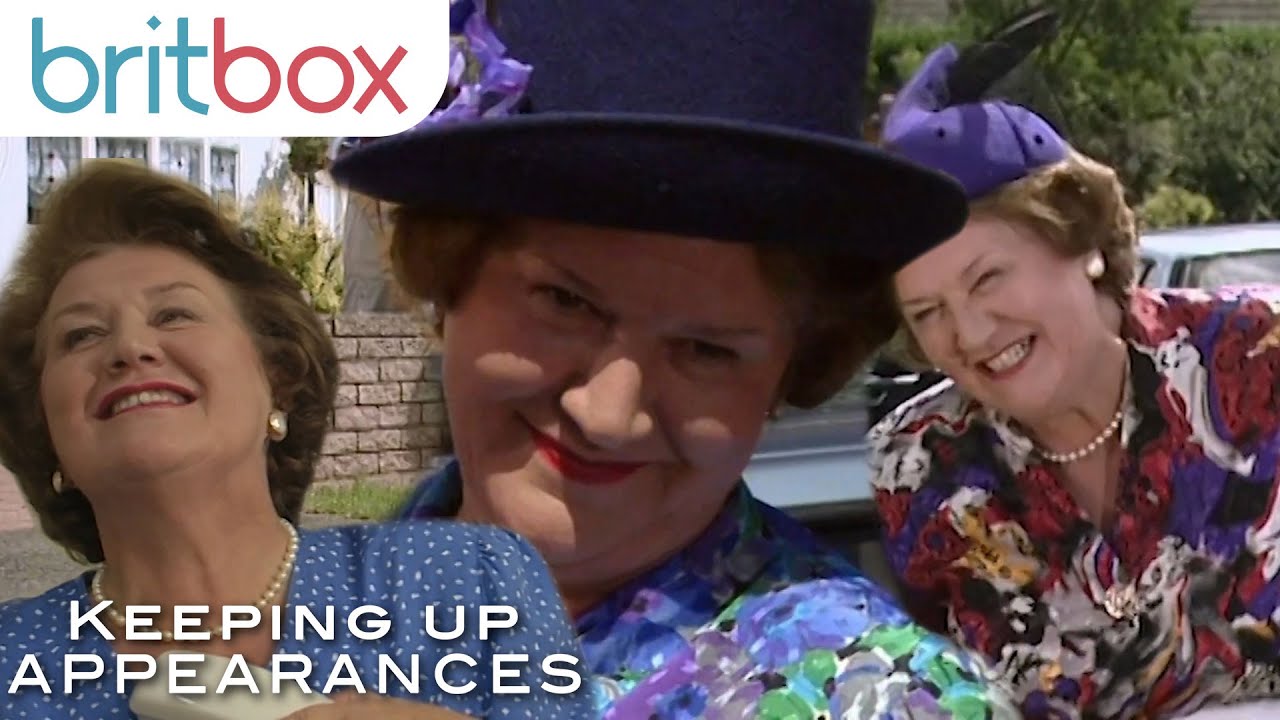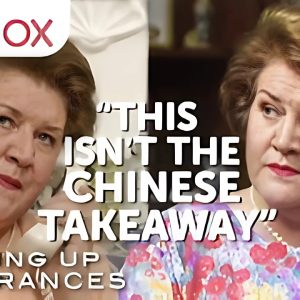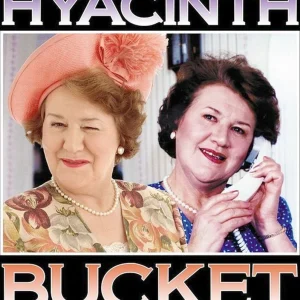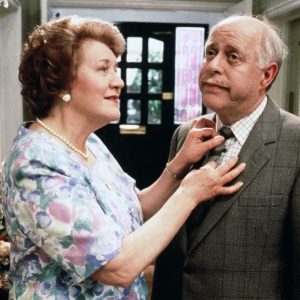Richard Bucket: The Unsung Heart of Keeping Up Appearances
In the pantheon of British sitcom greats, few characters have endured the trials of domestic absurdity with as much reluctant grace as Richard Bucket. Played masterfully by Clive Swift, Richard is the husband of the inimitable Hyacinth Bucket—pronounced “Bouquet,” of course—in the beloved BBC comedy Keeping Up Appearances. But beyond the perfectly mowed hedges, clinking china, and candlelight suppers, lies the quiet storm of wit, weariness, and quiet affection that defines Richard’s unforgettable character.
A Reluctant Everyman in a World of Eccentricity
At first glance, Richard Bucket is the classic “henpecked husband” trope. A mild-mannered local government official turned unwilling retiree, he is the ever-sighing, ever-nervous counterpart to his wife Hyacinth’s manic aspirations for social prestige. But Clive Swift infused the role with a depth that elevated Richard from a mere comedic foil to a tragicomic symbol of endurance, patience, and—ironically—love.
Richard’s journey begins in a world where his only mistake seems to be marrying a woman whose love for royalty-themed stationery and fake aristocracy borders on pathological. Yet he stays. And not merely as a chauffeur or verbal punching bag—though he is frequently both—but as a surprisingly grounded partner who, despite the daily chaos, reveals glimpses of profound devotion.
The Heart of Hyacinth’s Madness
While Hyacinth (Patricia Routledge) is the overbearing orchestrator of social disaster, Richard is the straight man of the duo—eyes widened in quiet dread as his wife interrupts phone calls, lectures vicars, and crashes the tranquility of the British countryside with her delusions of grandeur. His expressions of disbelief are as iconic as her floral hats.
But there’s more to Richard than a rolled eye or a weary sigh. In one of the series’ more poignant through-lines, we see a man forced into retirement—an event that doesn’t just rob him of a job, but of his daily reprieve from Hyacinth’s unrelenting demands. When he hears the news, he doesn’t throw a party. He sits, broken and blinking, staring at the wall, as the weight of endless candlelight suppers and bouquet practice looms before him.
Snark Beneath the Surface

Though Richard often serves as the quiet counterbalance to his wife’s mania, Swift laced the character with a deliciously dry wit. Richard is no fool; he’s a man who knows exactly how ridiculous his life has become. His deadpan delivery—his few precious lines that cut through Hyacinth’s social pretensions—are some of the show’s most savagely funny moments.
He is the “Only Sane Man” in a madhouse of characters, from his wife’s delusional airs to the lazy brilliance of his brother-in-law Onslow (played by the late Geoffrey Hughes). Yet Richard rarely confronts anyone head-on. His subtle jabs and exasperated asides make him both a comic relief and an audience surrogate, constantly reminding viewers, “Yes, you’re not the only one who thinks this is madness.”
An Unlikely but Real Love
One of the show’s most beautiful ironies is the fact that, for all her shrillness and self-importance, Hyacinth genuinely adores Richard—and he, against all odds and logic, loves her right back. While viewers often wonder how their marriage ever came to be, the occasional soft moments—the lingering glance, the reluctant support, the deeply buried affection—tell a story of a couple who once thrived on idealism and optimism.
It’s suggested, in one memorable exchange, that Hyacinth wasn’t always this insufferable. Richard once loved her dearly when she was simply Hyacinth, not the social-climbing specter she later became. But instead of walking away when she transformed into the woman who chooses wedding anniversaries as home security codes, Richard stayed. Out of loyalty, yes, but also out of love. Beneath the exasperation, there’s a deep-seated commitment that gives their relationship a strangely moving quality.
Rage and Resolve: When Richard Snaps
The real genius in Clive Swift’s portrayal lies in the moments where Richard—usually mild, mumbling, and malleable—snaps. When he loses his temper, the entire atmosphere of the show changes. Hyacinth, usually oblivious to anything that doesn’t come with a royal seal, stops dead in her tracks. Richard’s rare outbursts are powerful precisely because they are so infrequent. They feel earned, and more than that, they show us the limits of even the most enduring patience.
In one memorable scene, Hyacinth refuses to stop interrupting a man who beat her to a phone box. As her interruptions crescendo, Richard, usually too timid to object, explodes. The audience, along with Hyacinth, is stunned. And for that brief, glorious moment, Richard isn’t the bumbling sidekick—he’s the backbone of sanity asserting itself.
A Comic Tragedy in Cardigans
Richard’s character is the ultimate British sitcom paradox: the tragic figure in a comedy. His story is often a series of near-breakdowns, small victories, and deep sighs. He is the man trying to live a simple life in the shadow of a woman determined to make it extraordinary, even if that means dragging him to recitals, luncheons, and tea with minor clergy.
And yet, he is the soul of Keeping Up Appearances. Without Richard, Hyacinth’s antics would border on cruelty. With him, they become farcical and strangely touching. His presence humanizes her, just as her madness gives him purpose—if only to survive until bedtime.
A Legacy of Laughter and Quiet Resilience
Clive Swift passed away in 2019, but his portrayal of Richard Bucket remains a cornerstone of British comedy. He gave voice to the weary partner, the reluctant retiree, the kind-hearted realist in a world gone bonkers. And for that, audiences have never stopped loving him.
Richard Bucket may not have been flashy. He never hosted a royal garden party or insisted on French pronunciation. But he did something far more admirable—he stayed. He endured. And through the absurdity, the bickering, the embarrassing dinner parties and floral arrangements, he loved.
In his cardigans and quiet quips, Richard Bucket stands tall as one of television’s most enduring and endearing symbols of reluctant resilience and gentle strength.





